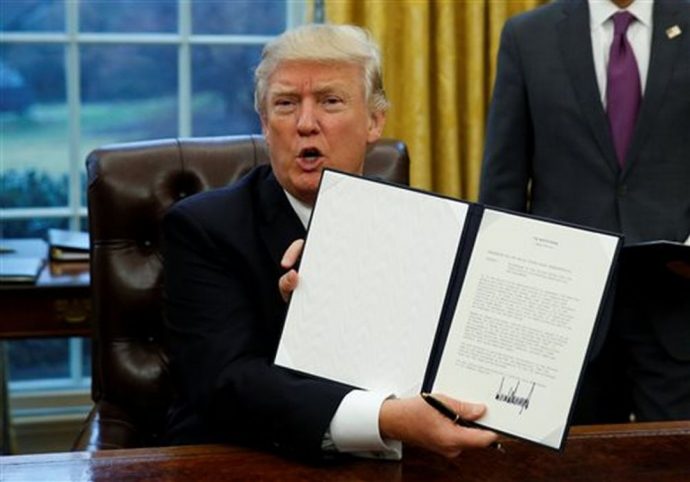Here is Helen Raleigh writing at The Federalist about our new culture of “constant outrage”:
In responding to Donald Trump’s immigration executive order, once again mainstream media proved they are incapable of telling the whole truth, which sows confusion and fear.
On January 27, President Trump signed an executive order titled “Protecting the Nation From Foreign Terrorist Entry Into the United States.” It was quickly condemned by many media members and human rights and immigration advocacy groups.
Most criticism focused on the order’s so-called “Muslim ban.” The weekend news headlines were one-sided and scary, such as “Trump Bars Refugees and Citizens of 7 Muslim Countries” (The New York Times) and “Trump’s immigration ban sends shockwaves” (CNN.com).
As someone who has advocated for a common-sense immigration reform, I was initially outraged by these reports. Upon reviewing the entire executive order, however, I realized that the mainstream media didn’t present the full picture. Yes, I am concerned about some aspects of the EO, but I also discovered merits in it.
Good News First
Let’s start with the merits that the mainstream media won’t cover. The main objective of this order is to develop a vigilant visa-issuing process “to ensure that those approved for admission do not intend to harm Americans and that they have no ties to terrorism.” The visa-issuing process is one of our first lines of defense. Unfortunately, it has been weakened over the years.
Remember the San Bernardino shooting? One of the shooters, Tashfeen Malik, originally came to the United States on a K-1 fiancée visa. She didn’t encrypt her radical thoughts and anti-American ideas on Facebook prior to her visa application. They were posted for anyone to read. But our immigration officials were prevented from reviewing her easily accessible social media postings due to a secret internal policy that prohibits immigration officials from reviewing foreign visa applicants’ social media accounts.
Read more: The Federalist
Image credit: www.thefederalist.com.

